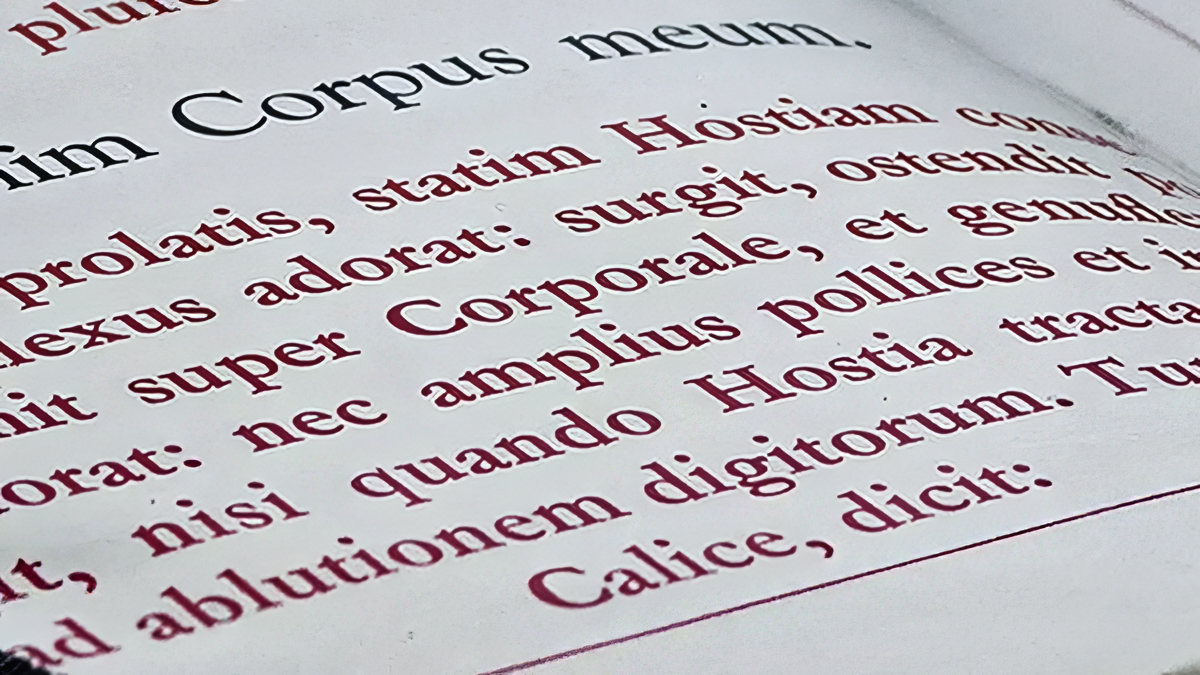If Catholicism is to flourish as a global Church, it must reflect this global reality in its theology and language.
Language is not neutral—it shapes belonging, understanding, and authority.
To be truly catholic, the Church must speak in the languages of its people, not merely in the heritage of its past.
Contemporary Catholicism is navigating a profound transformation.
It is shifting from a Eurocentric universal Church, marked by Latin, Roman hierarchy, and theological uniformity, to a globalised Church shaped by cultural pluralism, digital interconnectivity, and decentralised theology.
Central to this shift is the role of language.
Once a marker of ecclesial unity, language now reveals global disconnection.
Latin’s legacy and the lingering centre
Historically, Latin served as the universal language of Catholicism.
It symbolised unity and authority, especially during the 19th-century Ultramontanist era.
This period reinforced papal supremacy and culminated in the doctrine of papal infallibility at Vatican I.
Latin liturgy functioned as a liturgical lingua franca. It enabled Catholics worldwide to participate in identical rites—reinforcing uniformity while silencing cultural diversity.
However, as Catholicism expanded through colonial missionary activity, this linguistic rigidity often clashed with local cultures.
The use of Latin in Africa, Asia, and Latin America became a symbol of ecclesial imperialism.
Roman norms were privileged over indigenous expression.
Even after Vatican II encouraged the use of vernacular languages, the Church still centres Eurocentric languages in many public and symbolic moments.
This tension was visible at recent papal rites.
At Pope Francis’ funeral and the inaugural Mass of his successor, Latin dominated the liturgy, with Italian used for the homilies.
English, arguably the most global language, was notably absent.
Towards a truly universal Catholicism
Though Latin may be the Church’s “official” language, it is not the language of the People of God.
Most Catholics neither understand nor use it.
Its continued prominence undermines Vatican II’s call for active, conscious participation in the liturgy, but the persistence of Latin and Italian at the Church’s symbolic centre reveals a lingering failure to embrace globalisation.
In contrast, many African Catholic leaders have welcomed linguistic and theological inculturation.
They integrate indigenous languages and cosmologies into worship and doctrine.
Their contributions challenge both Roman centralism’s colonial residues and secular globalism’s homogenising forces.

- Dr Joe Grayland is an assistant lecturer in the Department of Liturgy at the University of Wuerzburg (Germany). He has also been a priest of the Catholic Diocese of Palmerston North (New Zealand) for more than 30 years.
- Flashes of Insight is an international publication. The editorial policy is that spelling reflects the country of origin.

